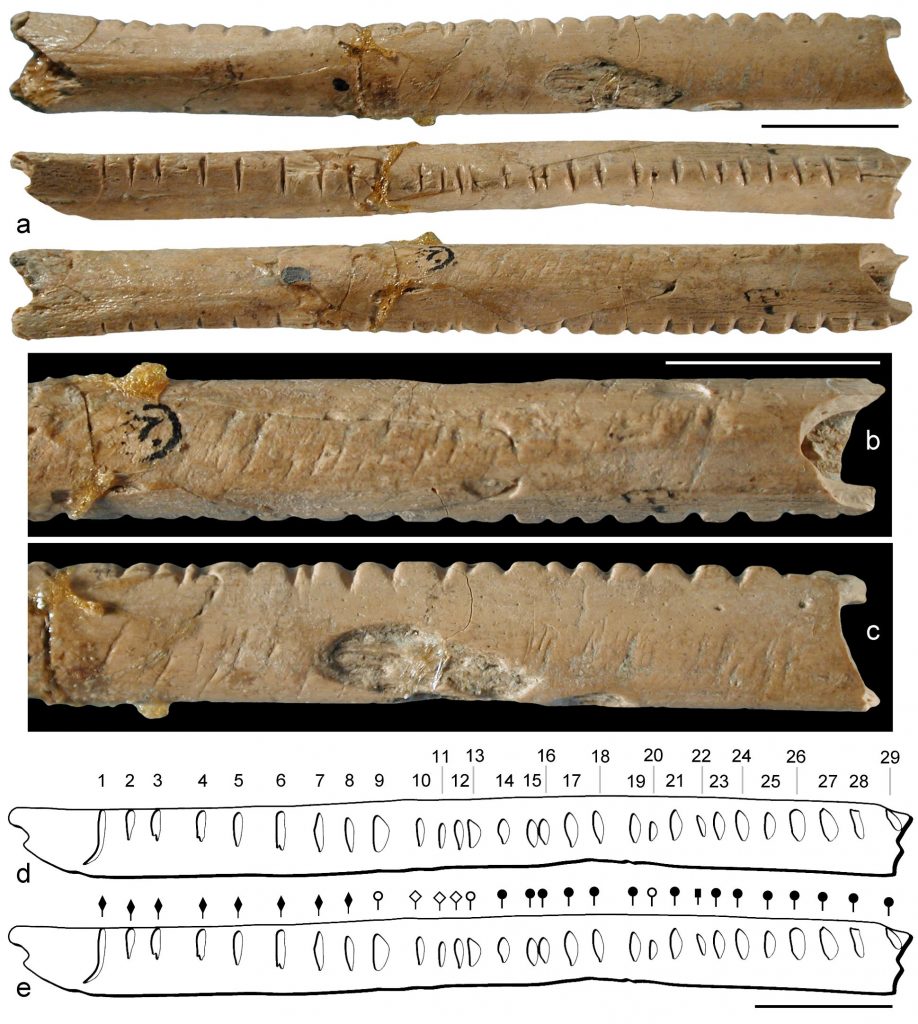Exact quantification, including the ability to count, depends on both conceptual breakthroughs and cognitive tools such as numeral systems. These tools appear in striking diversity across cultures and manifest in different modalities (verbal, body-based, written, or material). To address the tantalizing questions of when, why, and how they emerged and evolved, we test two previously untestable key hypotheses: that conceptual breakthroughs and tools co-evolved, with different modalities coactively scaffolding the breakthroughs; and that the tools diversified in response to changing cultural requirements. Reconstructing this evolution is the prime goal of QUANTA.

Interdisciplinary approach
Addressing its ambitious objectives requires an unprecedented synergetic combination of
- archaeological, ethnographic, and linguistic insights into numeral systems worldwide, including prehistoric artefacts and symbols, and on contemporary contexts in which quantification occurs and changes;
- a cognitive framework for deriving evolutionary hypotheses from system properties;
- powerful computational (phylogenetic) methods for testing these hypotheses and thereby reconstructing cultural evolution; and
- innovative means to substantially extend the temporal scope of these methods into the past, to include the first attested instances of quantification.
To achieve this goal, QUANTA brings together four leading PIs and their complementary teams of researchers and collaborators. Participating Institutions are The University of Bergen (Norway), Max Planck Institute for Evolutionary Anthropology (Germany), The French National Centre for Scientific Research (France) and ETH Zürich (Switzerland). Additionally, The University of Bristol (UK) is a collaborative institution.
Transformative research
By integrating an evolutionary approach with a cognitive perspective on quantification, QUANTA will transform this research field. Its novel strategy will, for the first time ever, yield substantiated insights into the emergence and evolution of numeral systems, thus advancing our understanding of human cognition and its dependence on cultural tools. While the highly interdisciplinary, multi-method approach renders this a high-risk project, QUANTA has the potential to bridge the gap between previously incommensurable fields.

ERC funded project
The four PIs in the QUANTA project were awarded a generous and highly prestigious Synergy Grant from the European Research Council (ERC) in 2020. The project officially started in September 2021 and will last for 6 years.
